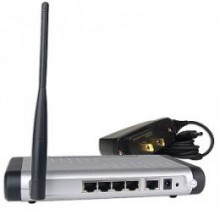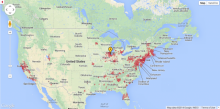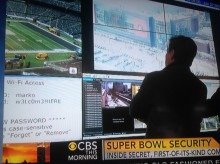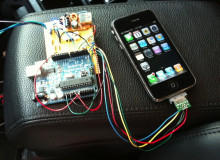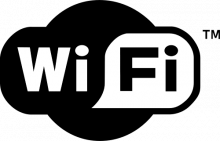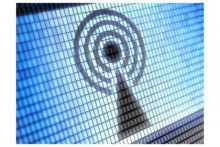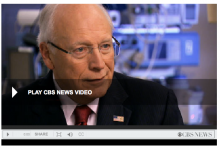WPA2 wireless security cracked
There are various ways to protect a wireless network. Some are generally considered to be more secure than others. Some, such as WEP (Wired Equivalent Privacy), were broken several years ago and are not recommended as a way to keep intruders away from private networks. Now, a new study published in the International Journal of Information and Computer Security, reveals that one of the previously strongest wireless security systems, Wi-Fi protected access 2 (WPA2) can also be easily broken into on wireless local area networks (WLANs).














































